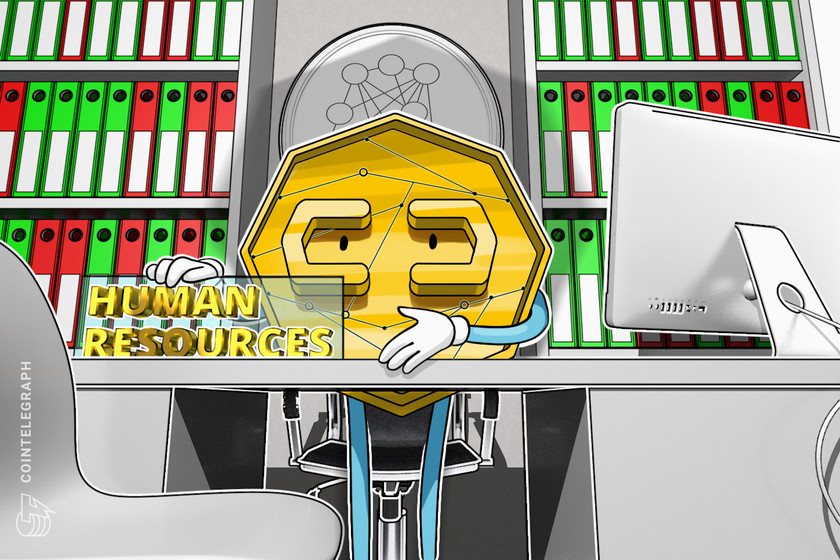Here are top tips by the crypto community to get through the bear market


The common theme of advice revolved around focusing on long-term goals and avoiding short-term distractions be it price volatility or negative mainstream news.
The crypto bear market of 2022 has wiped out more than 70% of the market capitalization from the top. The total crypto market cap breached $3 trillion at the bull market’s peak last year but currently struggling to remain above $1 trillion.
At a time when the majority of the cryptocurrencies are moving sideways with no significant bullish momentum recorded in months, it can get a little frustrating, especially for those who jumped in at the market top in hopes of making some quick money.
As crypto-winter worsens, the Reddit crypto community shared their coping mechanisms and some “serious” tips to remain on top of their mental health during this cyclic event.
One Reddit user wrote that they are in it for the long term, thus, they ignore the charts and daily fluctuations:
“I ignore the charts as well as ensuring that I have a full-time job so that I always have income that I can rely on. It’s a long-term game for me, so I treat it as such. Daily fluctuations don’t matter if you aren’t going to sell anyway.”
Another user in the thread advised against tuning into the news as most of the news outlets today focuses on “sensationalizing everything.”
One user gave a golden piece of advice: Don’t invest more than you can afford to lose and said that until the bull market returns, they followed the dollar-cost averaging (DCA) investment theory. DCA is the practice of systematically investing equal amounts of money at regular intervals, regardless of the price of an asset.
Related: Redditors share ‘reasonable’ goals in response to crypto billionaire survey
While crypto veterans who have been in the game for a long realize that the bear market might be long but would eventually end, the new traders who jumped on the crypto bandwagon due to the hype or peer pressure might not. For them, a user suggested the importance of going out for some fresh air and wrote:
“Can’t stress enough how important some fresh air and outside time can be. Are charts getting you down? Go for a walk, it’ll help wonders. Remember the best investment you can do is in your mental health.”
The Reddit thread on how to cope with a bear market had a common theme i.e focus on the long term and forget about daily price volatility. Crypto winter might stretch for years, but in the end, it is a cyclic event that will be followed by a bull run.


















